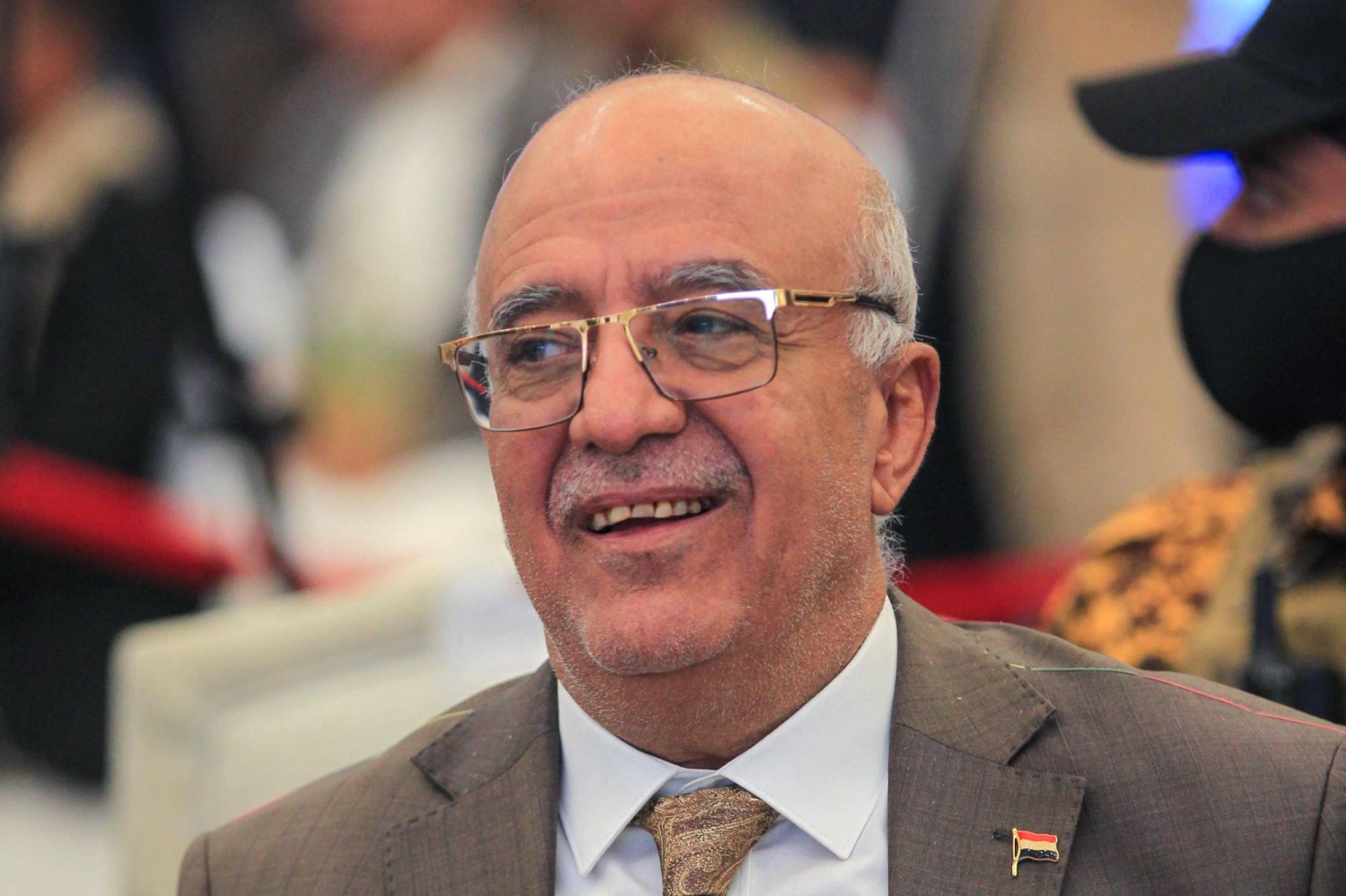Houthis Confirm Death of Prime Minister in Israeli Airstrike
The Houthi government in Yemen has confirmed that its prime minister, Ahmed al-Rahawi, was killed in an Israeli airstrike in the capital Sanaa, marking the most senior loss for the group since the escalation of hostilities with Israel.

Ahmed al-Rahawi, the prime minister of Yemen's Houthi-controlled government, was killed in an Israeli airstrike on Thursday in Sanaa, along with several other ministers. The Houthis confirmed his death on Saturday, stating that the targeted officials were attending a routine government workshop. This marks the highest-ranking Houthi official killed since the group began its confrontations with Israel, which intensified after the outbreak of the Gaza war.
Context and Escalation
The Israeli military acknowledged carrying out a strike on what it described as a 'Houthi terrorist regime military target' in Sanaa, but did not initially confirm al-Rahawi's death. The airstrike occurred while the Houthi leader, Abdul Malik al-Houthi, was delivering a televised speech. Since the beginning of the war in Gaza, the Houthis—an Iran-backed group that has controlled Sanaa since 2014—have regularly launched missiles at Israel and attacked commercial vessels in the Red Sea, actions they frame as solidarity with the Palestinians. Most of these attacks have been intercepted, but Israel has responded with repeated airstrikes on Houthi targets across Yemen.
Regional Implications and Reaction
Thousands of mourners attended funerals in Sanaa for al-Rahawi and other senior officials, underscoring the gravity of the incident for the Houthi leadership and their supporters. The Houthi government declared its resolve to continue resistance, with statements from top officials vowing to confront Israel and maintain their support for Gaza. Analysts note that this targeted killing is intended as a message from Israel that senior figures, regardless of their rank, remain vulnerable if they support or facilitate attacks against Israeli interests. The strike also highlights the broader regional implications, with fears of further escalation as Israel and the Houthis remain locked in a cycle of retaliation.
The Houthis, having survived previous bombing campaigns by Saudi Arabia and the United States, now face a direct and sustained military campaign from Israel. Despite the loss of top officials, the Houthi military leadership, which holds most operational power, was not targeted in this strike. The group’s resilience in the face of repeated air campaigns is well-documented, and their continued ability to launch attacks suggests that Israel's campaign may not immediately deter further Houthi operations.
The incident is a stark reminder of the complex and multi-front nature of the conflict in the Middle East, with the war in Gaza acting as a catalyst for broader hostilities involving Iran-backed groups across the region. The death of al-Rahawi is likely to further inflame tensions, both within Yemen and beyond, as the Houthis reaffirm their commitment to their cause and their regional alliances.